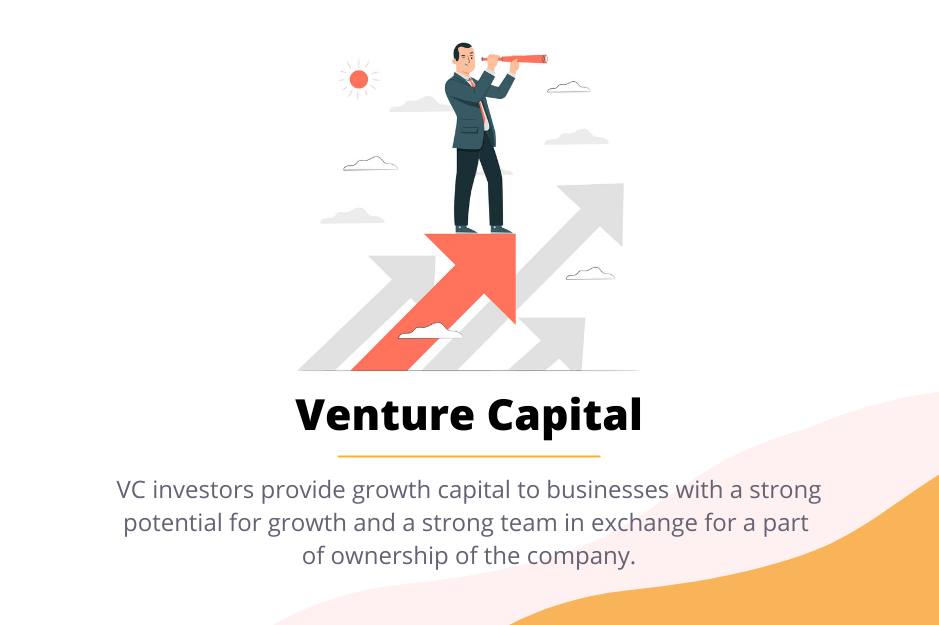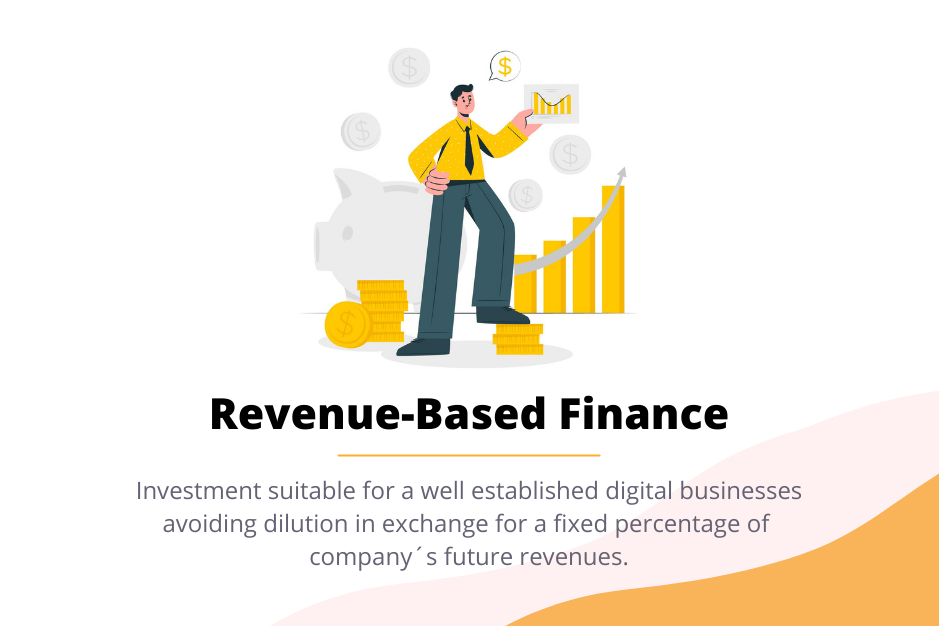Are you sometimes amazed about how fast some companies are growing, almost in a blink of an eye? Well, the growth does not happen on its own, nor thanks to some miracle. Instead, the secret to escalating growth of any business lies in two words: GROWTH CAPITAL (which can be both in the form of growth debt or growth equity).
Let's look more into detail what growth capital is, what it can do for your business and what are the most popular alternatives to choose from. Ready?
What is Growth Capital?
When a company needs finances to reach another milestone in their growth, more often than not, they need to get these from external sources – since saving up the capital needed would take a lot of time (which companies usually do not have) or taking money away from other business operations, which could end up in lower performance.
Growth capital is a financial injection, which is meant to help established businesses to accelerate their growth.
Among the most common uses of growth capital (tuto prelinkovať na článok o use cases of RBF) are:
- growing their team;
- expanding to new markets or countries;
- investing in new technologies;
- improving KPIs;
- developing new products;
- buying other companies.
How do I raise Growth Capital?
When it comes to growth capital, business founders have several options to choose from and the decision is not always easy – each option is suitable for businesses in different growth stages and comes with various key features which need to be considered.
Among the most popular growth capital funding options are Business Angels, Venture Capital and Revenue-Based Financing, which we will look into in greater detail.
Growth capital and Business Angels
Let us start with the funding option, which is most suitable for businesses in their early stages of development – and that is receiving capital for growth from Business Angels.
Rather than a fund, Business Angels are individual investors, who are usually successful entrepreneurs themselves. The form of investment, which they provide, is usually in the form of debt or ownership equity and in order to catch an angel´s interest, you will need to have a really good business idea, which must be in line with his or her own interests.
Advantages of Business Angels
- as successful entrepreneurs, they can provide valuable guidance and business advice
- they can introduce you to their business connections
- flexible deals, since angels do not follow any fund structure and make their own decisions
Disadvantages of Business Angels
- finding a business angel and building a good relationship is a very time-consuming process
- non-standard deal terms may cause issues in the following investment rounds
- the investment amounts are rather small

Growth capital and Venture Capital (VC)
Venture Capital investors aim for relatively young companies which have two important features: a strong potential for growth and a good team.
The principle of VC funding lies in providing growth capital in exchange for a part of your company, including a share of ownership and some board seats (which means that they will take part in decision-making processes).
The main goal of VC investors is to grow your business as much as possible and then sell it to higher bidder via exit, which can make them a lot of money.
Advantages of Venture Capital
- no need to repay the capital provided
- investors can help your business and provide support
- you can receive large sums of money
Disadvantages of Venture Capital
- loss of a part of ownership and decision-making power
- VC is pushing you to fast growth at all stakes
- reaching agreement can be very time-consuming

Growth capital and Revenue-Based Finance
The newest and most flexible form of growth capital funding, Revenue-Based Finance (RBF) is suitable especially for well established digital businesses, which want to accelerate their growth completely without dilution.
It is characterized by a unique flexible repayment system, which lies in providing capital in exchange for a fixed percentage of your company's future revenues. Since the lender does not ask for any ownership nor board seats, once the debt amount is repaid, there are no more obligations.
Advantages of Revenue-Based Finance
- flexible repayments based on your revenues
- you keep full ownership and control over your business
- mutual interest in your success
- partnership based on trust
Disadvantages of Revenue-Based Finance
- need to repay the capital borrowed + interest
- your company needs to be well established and already profitable

How do I make a decision?
When deciding whether to apply for growth capital and which form of funding to choose, most importantly you need to consider your particular needs. Among the others, make sure you consider your business's current stage, how much ownership you are willing to sacrifice (if any), how much money you need, if you need any help and guidance and if you are able to fulfil all the expectations.
Although seeking investment from Business Angels or VC is very time consuming, in case of Revenue-Based Finance, you can get your offer very easily and quickly – start with filling out a simple registration form.
It does not pose any obligations to you – after receiving your offer, you can think it through and in case of interest, you can apply for funding anytime. Why not give it a try?




